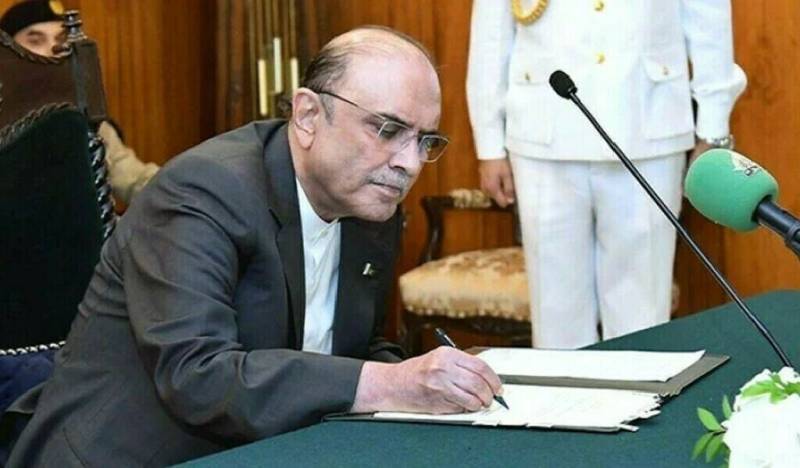Key Points from the Madrasah Bill Controversy
Jamiat Ulema-e-Islam-Fazl (JUI-F) spokesperson Aslam Ghori has expressed astonishment over President Asif Ali Zardari’s objections to the Madrasah Bill. Ghori criticized the president’s approach, stating it did not align with legal procedures and was not raised within the constitutional timeframe.
Procedural Concerns and Allegations
Ghori highlighted that objections were submitted in phases and once addressed, should not be raised again. He emphasized that the objections should have been sent to the Speaker of the National Assembly, which was not done. The spokesperson also alleged that the presidency seemed to be under external pressure.
President Zardari’s Objections on Madrasah Bill
President Zardari raised concerns about the Madrasah Registration Bill, referring to existing laws like the Pakistan Madrasa Education Board Ordinance 2001 and the Islamabad Capital Territory Trust Act 2020. He argued that new legislation was unnecessary and could create inconsistencies with the Societies Registration Act 1860, potentially promoting sectarianism and leading to law and order issues.
JUI-F’s Response and Call for Action
Maulana Fazlur Rehman, JUI-F chief, emphasized that the Madrasah Bill had already become law and called for its notification. He criticized the presidency for obstructing the process and questioned why the president withheld his signature despite the bill being drafted with input from the Pakistan People’s Party (PPP) and Pakistan Muslim League-Nawaz (PML-N).
Potential Protests and Senate Warnings
In the Senate, JUI-F Senator Maulana Abdul Wasey warned of protests in Islamabad if the Madrasah Bill was not approved, stating they would not back down even if faced with state violence.
What is the Madrasah Bill?
On October 20, 2024, the Senate introduced the “Societies Registration Amendment Act 2024,” which includes several key clauses:
- Mandatory Registration: All religious seminaries must register; unregistered seminaries will be closed.
- Registration Deadline: Existing unregistered seminaries must register within six months, while new seminaries must register within a year of establishment.
- Annual Reports: Seminaries are required to submit annual academic activity reports to the registrar.
- Financial Audits: Seminaries must undergo financial audits by accredited auditors and submit copies of audit reports to the registrar.
- Prohibited Content: Seminaries cannot publish or teach literature promoting militancy, sectarianism, or religious hatred, although comparative religious studies and Islamic jurisprudence are permitted.
- Modern Subjects: Seminaries are required to gradually include contemporary subjects in their curriculum.
- Exclusive Registration: Seminaries registered under this Act will not need registration under any other law.
The bill defines seminaries as religious institutions established for the promotion of religious education, irrespective of their name.
Conclusion: A Call for Clarity and Action
Read Also: No Dispute with Scholars, Our Complaint is Only Against the President: Maulana Fazlur RehmanThe ongoing debate over the Madrasah Bill highlights the need for clear procedures and timely actions. As the JUI-F and other stakeholders push for the bill’s implementation, the focus remains on ensuring transparency and addressing any concerns raised.

